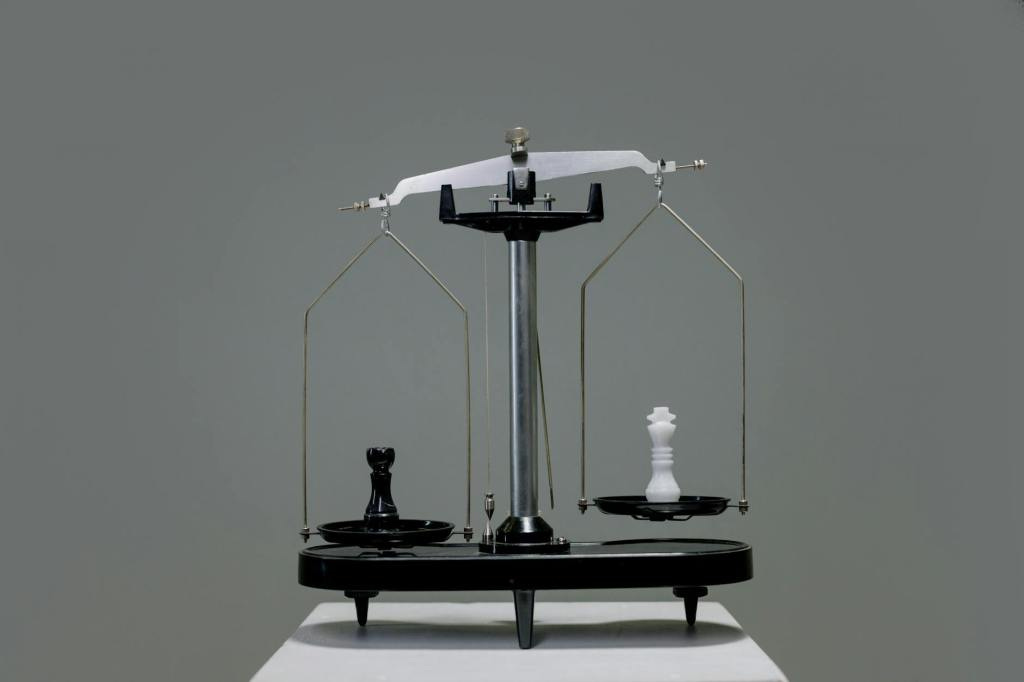Fairness Is a Fantasy. Reality Demands Strategy.
Wishing for Fairness Is Sweet But Useless. The World Is Unfair. Accept It and Play Smart
We’re raised to believe the world is fair.
That if you're good, you'll be rewarded. If you work hard, you’ll succeed. If you play by the rules, life will eventually treat you right.
But that version of the world is a comforting illusion.
Because in the real world, good people fail, cheaters win, and effort often goes unnoticed.
And the sooner you accept this truth, the sooner you stop wasting energy on how things should be and start learning how they actually are.
People often mistake acceptance for weakness.
They think, “If I accept that life is unfair, I’m giving up.”
No. You’re waking up.
Wishing for fairness keeps you emotionally stuck.
It creates a mental equation: “I did everything right, so I should get what I deserve.”
But when life doesn’t deliver, you don’t adapt—you just feel betrayed. Bitter. Frozen.
The truth is: there is no natural law that says your hard work must be rewarded.
No invisible referee handing out points for effort.
And no fairness fairy keeping score.
Let’s look at some real-world examples:
A talented writer might spend years perfecting their craft and never be published, while a celebrity writes a mediocre book and becomes a bestseller overnight.
An honest, diligent employee gets laid off, while a political one climbs the ladder by aligning with the right people.
In relationships, someone who’s loyal and emotionally available often gets left for someone more charismatic or unpredictable.
None of this is fair. But it is normal.
And unless you make peace with that reality, you’ll keep asking the wrong questions.
You’ll keep blaming your circumstances.
Or worse—yourself.
The shift begins when you stop demanding fairness and start observing systems.
You start noticing:
Who actually gets rewarded in your field?
What behaviors do people respond to?
Which rules are real, and which ones are just social myths?
This doesn’t mean abandoning your values. It means aligning your expectations with the terrain you’re walking on.
It’s like playing a game where the official rulebook says one thing, but everyone’s actually playing by a different set.
You can either stubbornly follow the written rules and keep losing, or you can learn how the real game works and play it smarter.
Here's the uncomfortable truth:
The world doesn't reward those who "deserve" it. It rewards those who adapt to it.
If you want to get ahead, you need more than talent.
You need awareness, timing, relationships, leverage, and emotional intelligence.
You need to think like a strategist, not a victim.
This isn’t about being cynical.
It’s about being effective.
If you recognize that unfairness is the default, you can stop fighting reality—and start navigating it.
You’ll waste less time complaining and more time acting.
You’ll stop resenting others and start focusing on positioning yourself better.
You might still lose some battles. But you’ll stop losing blindly.
Acceptance is not the end of ambition—it’s the start of clarity.
Once you let go of the fantasy that fairness will eventually come to save you, you gain your power back.
You stop waiting. You start building. You play smart, not just “right.”
Because in an unfair world, success doesn't come to those who wait their turn.
It comes to those who understand the game, and play it on their terms.
This is The Reason Notes.
Where we don’t sugarcoat life—but we do sharpen how we see it.
If this made you pause, reflect, or nod in quiet agreement—share it.
Someone else out there is still waiting for the world to be fair. Maybe this helps them move on—and move forward.



